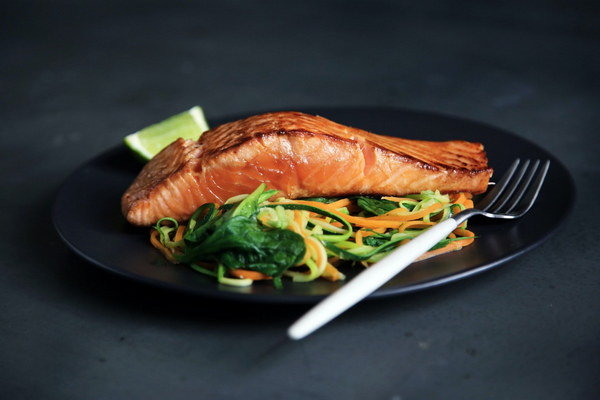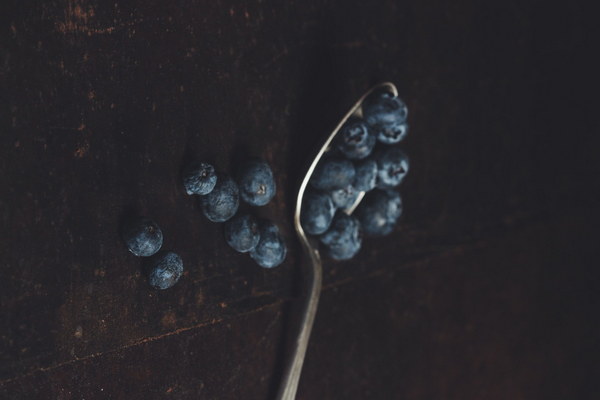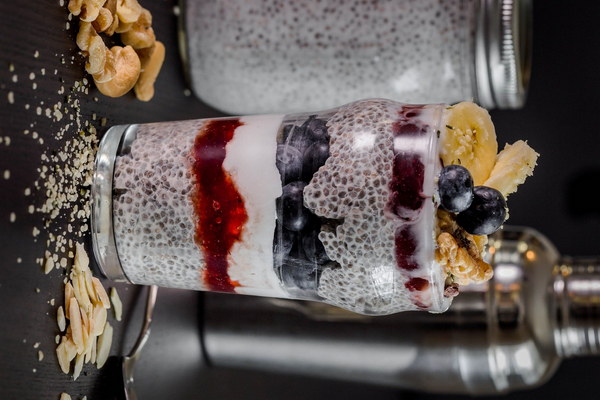Unlocking the Power of Yang-Boosting and Damp-Dispersing Ingredients for a Healthier You
In the realm of traditional Chinese medicine, the concept of balancing the body's yin and yang is crucial for achieving overall health and well-being. Two important aspects of this balance are warming the body and dispelling dampness. Warming foods and herbs, known as Yang-Boosting ingredients, help to increase the body's yang energy, while damp-dispersing ingredients help to expel excess dampness that can lead to various health issues. In this article, we will explore the benefits of these key ingredients and how they can be incorporated into your diet for a healthier life.
Understanding the Importance of Yang and Dampness
According to Chinese medicine, yang is the warm, energetic aspect of the body that is essential for maintaining health and vitality. When yang is low, the body can become susceptible to colds, flu, and other diseases. Conversely, dampness is a substance that can accumulate in the body, leading to symptoms such as fatigue, weight gain, and digestive issues.
Yang-Boosting Ingredients
1. Ginger (Zingiber officinale): Known as the King of Herbs, ginger is a powerful yang-boosting ingredient that helps to warm the body, improve digestion, and alleviate cold and flu symptoms. It can be added to tea, soups, or even eaten raw.
2. Cinnamon (Cinnamomum cassia): Cinnamon is another warming spice that helps to increase yang energy and improve circulation. It is often used in desserts, teas, and savory dishes.
3. Peppercorns (Piper nigrum): These tiny seeds have a powerful warming effect on the body. They are commonly used in Indian and Chinese cuisine and can be added to soups, stews, and curries.
4. Dong Quai (Angelica sinensis): Dong Quai is a traditional Chinese herb known for its ability to balance the body's yin and yang. It is often used to support women's health and alleviate menstrual discomfort.
5. Sichuan Pepper (Zanthoxylum piperitum): This peppery spice is known for its warming properties and can help to increase blood circulation and alleviate pain. It is commonly used in Chinese cooking and can be found in many Sichuan dishes.
Damp-Dispersing Ingredients
1. Pine Nuts (Pinus edulis): These nuts are rich in nutrients and have a natural damp-dispersing effect. They can be added to salads, soups, or eaten as a snack.
2. Green Tea (Camellia sinensis): Green tea is not only a refreshing beverage but also a natural damp-dispersing agent. It helps to improve digestion, boost metabolism, and increase energy levels.
3. Millet (Panicum miliaceum): Millet is a nutritious grain that helps to expel dampness and improve digestion. It can be used in soups, stews, or as a base for porridge.
4. Bamboo Shoots (Bambusa spp.): These shoots have a diuretic effect and can help to eliminate excess dampness from the body. They can be added to stir-fries, soups, or salads.

5. Turmeric (Curcuma longa): Turmeric is a spice that has been used for centuries in Chinese medicine to expel dampness and support the immune system. It is often added to soups, stews, and curries.
Incorporating Yang-Boosting and Damp-Dispersing Ingredients into Your Diet
To incorporate these ingredients into your diet, start by gradually adding them to your favorite recipes. Begin with small amounts and adjust to taste. Here are some ideas for integrating these ingredients into your daily meals:
- Breakfast: Add ginger or cinnamon to your morning tea or sprinkle turmeric on your toast.
- Lunch: Stir-fry pine nuts and bamboo shoots with ginger and green tea in a sesame oil dressing.
- Dinner: Use Sichuan pepper to add a warm and spicy flavor to your stir-fries and soups.
- Snacks: Enjoy a handful of millet or a cup of green tea for a healthy, damp-dispersing snack.
By incorporating these yang-boosting and damp-dispersing ingredients into your diet, you can help balance your body's yin and yang, improve your overall health, and enjoy a more vibrant and energetic life.









